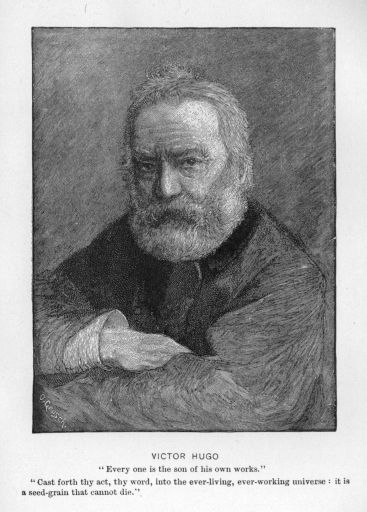
This past St. Patrick’s Day, my daughter and I were enjoying John Lennon’s “Luck of the Irish.” She pondered whether individuals understood that the phrase was intended to be ironic. Lennon certainly recognized this, singing, “If you had the luck of the Irish, you’d be sorry and wish you were dead …” With Irish-born grandparents and Liverpool’s rich Irish heritage, he grasped the significance of the phrase, reflecting eight hundred years of oppression, genocide, and loss, rebranded as “luck.” Her inquiry lingered in my mind as I thought about the luck I’ve experienced as both a doctor and a patient.
While no one in my direct lineage has resided in Ireland for over a century, I grew up profoundly connected to Irish culture and history. My forebears escaped poverty, oppression, and famine, but all my great-grandparents with Irish connections passed away decades before I was born. My husband remembers his own Irish-born great-grandmother, who shares a name with our eldest child. She never spoke about her life prior to America, but it was well understood that she endured hardships she wished to leave behind. Did our emigrant ancestors consider themselves lucky in the traditional sense, or did they hope their sacrifices would lift centuries-old curses, just as I hoped for my own children?
It was through this perspective of history and heritage that I began to reassess what it truly means to be lucky. I’ve always been curious about the genuine essence of luck, whether it’s something we create ourselves or something that molds us. Is good luck distinct from bad luck, or is it merely a perspective issue? This query reminded me of a tale I read as a young girl.
A farmer’s horse escaped, and his neighbors exclaimed, “What terrible luck!” The farmer calmly responded, “Maybe so, maybe not. We’ll see.” Days later, the horse returned with several wild mares. The neighbors declared, “What great luck!” The farmer replied, “Maybe so, maybe not. We’ll see.” Shortly after, the farmer’s son broke his leg while attempting to tame a mare. The neighbors lamented, “What terrible luck!” The farmer countered, “Maybe so, maybe not. We’ll see.” Weeks later, soldiers came to enlist young men for the army. Because the son was still injured, he was overlooked. The neighbors rejoiced, “What tremendous luck!” The farmer simply stated, “Maybe so, maybe not. We’ll see.”
Like the farmer, I’ve come to realize that circumstances are neither inherently good nor bad; they simply exist. My daughter and I contemplated our own experiences and the incredible good fortune I possess: being born at a moment and location where my skills are appreciated, having three fantastic children, being diagnosed with an extremely rare cancer for which I had neither risk factors nor symptoms, yet it was discovered nonetheless. My cancer was even treated with robotic surgery and breakthrough medications, rather than the radiation that had claimed my eight-year-old sister after her cancer in the nineties. Lucky.
These reflections on luck and fate were not merely abstract contemplations; I found myself wishing to be the luckiest among the unfortunate. After receiving a stage 4 cancer diagnosis last year, I feared I had let down my children, ensnared in the same cycle of loss that has afflicted our family. A second opinion, then a third followed, all yielding the same result. Each time, the initial hope turned to silence when they finally examined my scans, with a noticeable change in their demeanor. They stated my only chance was to have negative follow-up scans, biopsies, molecular blood tests, and genetic assessments—and remarkably, that’s precisely what I obtained. Now, my doctors began to suggest that perhaps it could be stage 3 after all. Lucky again.
Confronting my own mortality and legacy has ignited a curiosity regarding my family’s history. Though previously unfamiliar to me, I found myself delving into the stories that constitute my family’s legacy. My dad’s genealogical research traced our Curtin/Macartan lineage back to the Protestant Revolution. The MacArtans were once Northern Irish aristocracy, Lords of Kinelarty, and poets. This history took a sudden unfortunate turn after my seventh great-grandfather led an uprising for King James II against William of Orange. After being defeated, he was pardoned by the King, regrouped in France, and attempted (and failed) again. Despite overwhelmingly negative circumstances, the act of persevering resonates with me today as I face my own struggle with illness. There is worth and dignity in continuing the journey, even when the conclusion is beyond our control. The outcome may be fated, but I can still influence the grace with which I navigate each step.
In retrospect, I realize that my decision to attend medical school was partly a way to shield myself from future tragedy. But did it really work? Or did it? My biological destiny with cancer was sealed at birth. Without my medical knowledge and the relationships I’ve cultivated